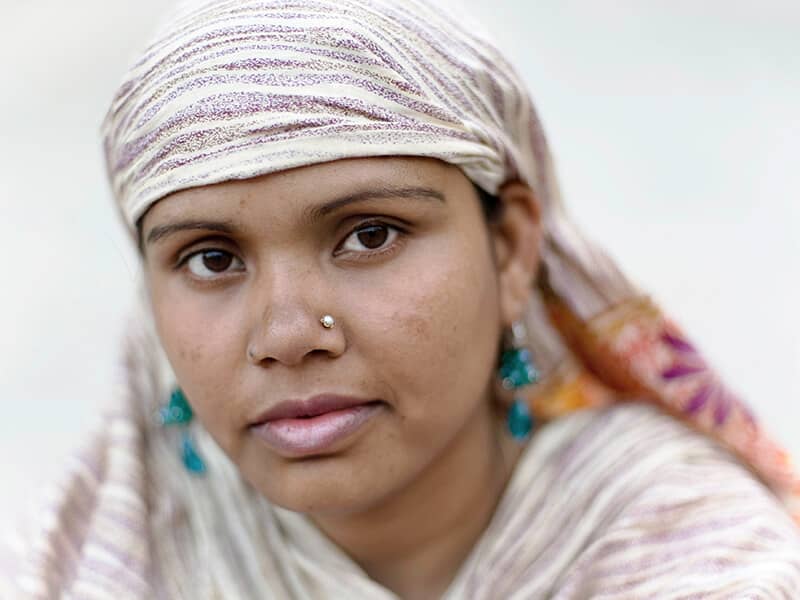Because Sir Ridley Scott's new epic "Kingdom of Heaven" was filmed against
the backdrop of the Crusades, it is likely to stir up religious passions
still associated with that centuries-long conflict. Many Muslims were concerned about the possibility of religious or ethnic
stereotyping when they first heard that yet another Hollywood movie would
feature Arab-Muslim characters. That concern was not without valid precedent.
In his exemplary book "Reel Bad Arabs," Professor Jack Shaheen notes that
only Native Americans outdistance Arabs and Muslims in being vilified by
Hollywood. Dr. Shaheen details a sad history of stereotypes in films that
portray Arab-Muslims as terrorists ("Black Sunday," "The Siege"), greed
mongers intent on controlling U.S. banks ("Rollover") or bumbling comic
foils ("Ishtar," "Protocol," "Jewel of the Nile"). He notes that only a
handful of films have portrayed Arabs and Muslims with any sympathy ("Three
Kings," "The 13th Warrior").
Bucking the general trend, "Kingdom of Heaven" provides a balanced
portrayal of a painful historical conflict. It refrains from the usual
stereotyping or dehumanizing of Muslims.
American Muslim representatives recently took part in a screening of
"Kingdom." They said the film is a "positive" depiction of Islamic culture
during the Crusades. They also said that one of the film's most striking
messages, that Muslims and Christians can live together in peace, will
provide an opportunity for increased interfaith dialogue.
In the film, the bad guys are not all Muslims and the Christians are not
all angels. Perhaps "Kingdom of Heaven" will do for Muslims that Kevin
Costner's "Dances with Wolves" did for Native Americans, humanize a
perceived "other."
Unfortunately, Internet chat rooms and talk radio shows are already abuzz
with the concerns of those who cannot fathom how Muslims can be portrayed
as dignified, proud and humane people for whom the ends did not justify the
means. Media reports indicated that some conservative Christian are
"marshalling their forces" against the film, claiming it is "insulting and
unfair."
Perhaps all of us could take a lesson or two from Salahuddin Ayubi, the
great Muslim general depicted in the film who, even when attacked, upheld
Islamic traditions of hospitality, prohibiting the killing of
non-combatants and advocating kindness to people of other faiths.
The Quran, Islam's revealed text states: "Fight in God's cause against
those who wage war against you, but do not commit aggression - for, verily,
God does not love aggressors." (2:190) And also: "As for those who do not
fight against you on account of [your] faith, and neither drive you forth
from your homelands, God does not forbid you to show them kindness and to
behave towards them with full equity: for, verily, God loves those who act
equitably." (60:8)
Stereotypes about Islam and Muslims used to rally the Crusaders persist to
this day. These misperceptions are not mere footnotes in history, they
continue to have a negative impact, sometimes influencing our nation's
policies when dealing with Muslims both at home and abroad.
If nothing else, "Kingdom of Heaven" may spark renewed efforts to promote
interfaith understanding and reconciliation based on an appreciation for
the real history of that violent period in the histories of both
Christianity and Islam.
2016-06-30
2016-06-30
Beliefnet Editor
more from beliefnet and our partners

